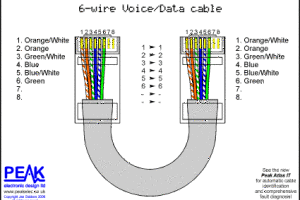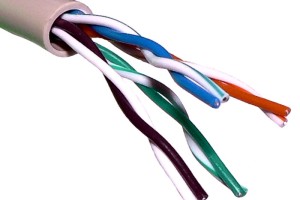Careers in the Cabling Industry
So you’ve figured out that you enjoy working with your hands and perhaps you even excel at math or physics. You love electronics or computers or even just cable tv, and you can handle people. A career in cabling can be very fulfilling, but you want to make sure to choose the right path for you, and not just settle for the first decent paying job that comes your way. There are a lot of different options out there, and you need to match your skill set and preferences to what is available.
Most will start in the field as a technician, and many will stay there. A few will move into managerial or administrative roles, but for the majority of people in the cabling industry, the field is where they’ll stay. Luckily, there are a variety of well-paying jobs in cabling, with a lot of different specialities and interests involved.
A network installation technician is the person to go into offices, buildings, and homes to offer technological solutions for computers, servers and networking systems. They are the ones to open and put together new pieces of equipment, put in new software, fix any network issues, and back up data. On the more advanced side of this profession, you could also be the one designing the networks and systems. This requires more education and certifications, while becoming a network installation technician generally only asks for an associate’s degree or a specialized certification. In this kind of job, there is a lot of bending and heavy lifting, as well as the need to have concise and up to date knowledge in telecommunications and computer systems.
For travel lovers, consider becoming an IT network field technician. Often you will have the opportunity to put together new retail locations in other locations, as well as maintaining and upgrading the existing locations and managing a help desk. You will need excellent writing and communication skills so that you can keep all documentation up to date for all systems, applications, and network configurations. The ability to work independently is key, as you will have little supervision and will be responsible for handling a large number of service calls while still handling your other duties. Customer service skills are a must, and although an associate’s degree or certification is preferred, many employers will train their own technicians on the job and hire from within.
One of the newer careers in the industry is a fiber network field technician. Fiber to the premises, called FTTP, was something customers only dreamed of in the past, but is now very popular. As a a fiber network field technician, you will find yourself installing and maintaining cables, both on phone poles and underground, as well as conducting tests and performing repairs or fixing problems. You will be splicing fiber optic cables, deciding solutions for faulty systems and working with networks for private lines. There are very few companies out there who will hire a new technician with only a high school diploma. These days, employers are looking for an associate’s degree at the very least, if not a bachelor’s. Those with higher levels of education are able to advance more quickly and be on the designing or managing end of the business.




